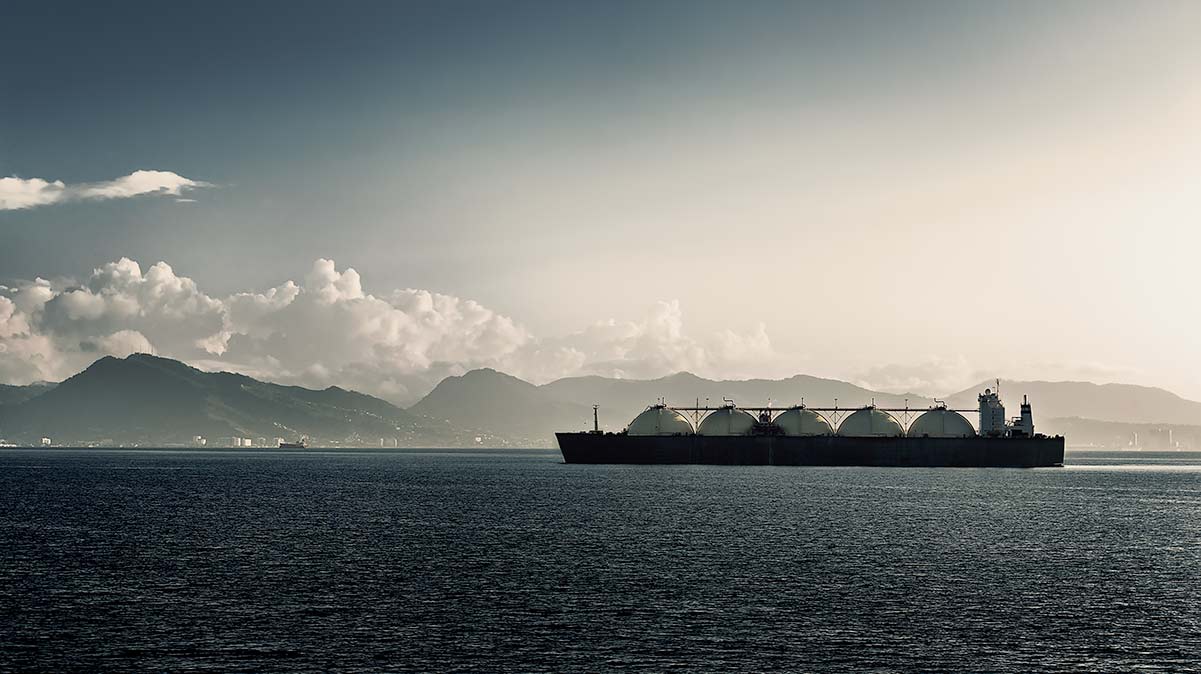Australia’s weak climate policies are putting as many as 70,000 Australian jobs at risk, as major trading partners consider new taxes on carbon-heavy imports, new analysis from the Climate Council has found.
Several of Australia’s major Australian trading partners, including the European Union and the United States, have raised the prospect of introducing a carbon price on imports from countries with inadequate climate policies.
The EU recently unveiled plans to introduce a ‘carbon border adjustment mechanism’ which would levy a tax on imports of emissions intensive goods, including steel and aluminium products, to level the playing field for European producers that are currently subject to the EU’s emissions trading scheme.
A growing number of countries see the carbon border taxes as justifiable, as a failure to adequately price carbon could allow countries like Australia to give their own industries an unfair competitive advantage while free-riding on global climate efforts.
The report’s author, the Climate Council’s Nicki Hutley, says the introduction of such tariffs would have significant ramifications for the Australian economy if it fails to introduce stronger climate policies.
The Climate Council’s report finds that if South Korea, China and the members of the G7 introduce carbon border taxes, as much as $4 billion of Australian gross domestic product, and $12 billion of national income, could be at risk.
New South Wales and Queensland were found to be the most at risk of job losses due to potential carbon border tariffs, given the significant presence of coal-heavy industries in each state.
“Our modelling shows that Queensland and New South Wales will bear the brunt due to the dominance of targeted exports – particularly coal – in those states.
“Queensland is projected to lose more than 50,000 jobs and $10 billion in Gross State Product (GSP); and NSW around 20,000 jobs and more than $5 billion in GSP,” Hutley added.
“The federal government should be getting out in front, and putting support for regions affected in place. The new, low-carbon economy is coming and we urgently need a transition plan in place for Australian communities and workers.”
According to the Climate Council’s modelling, Australia’s coal exports will be the heaviest hit by the impacts of overseas carbon tariffs. Australia’s exports of iron, steel, aluminium, and LNG are also expected to be hit hard.
Hutley says the Australian economy would remain exposed to this risk as long as it maintained weak climate policies and failed to price carbon emissions.
“The world is responding to the climate crisis, and carbon border tariffs are now inevitable. Australians will pay the price unless the federal government cuts our national carbon emissions in line with our major trading partners,” Hutley said.
The Climate Council report points to the much larger economic opportunities available to Australia by actively embracing a transition to a lower emissions economy.
“Australia could grow a new green export mix worth $333 billion per annum, almost triple the value of existing fossil fuel exports,” the report says.
“Modelling by Deloitte Access Economics suggests support for a low carbon economy in Australia will add $680 billion in economic growth and 250,000 new jobs by 2070.”
Hutley added that Australia is well-placed to transition to a low emissions economy, given Australia’s abundance of renewable energy sources and reserves of the raw materials to make technologies like batteries, electric vehicles, and renewable hydrogen.
“We have the natural resources and the ingenuity to become a world leader in renewable energy, and in industries such as clean manufacturing, minerals processing and renewable hydrogen – bringing tens of thousands of jobs to the states and regions,” Hutley said.
“Federal government action is long overdue. As a first step, we should match our key trading partners and at least halve emissions by 2030. In line with the science, the Climate Council recommends a 75% cut by 2030 on the way to zero by 2035.”
CEO of the Carbon Markets Institute, John Connor, which represents Australia’s carbon abatement sector and some of Australia’s largest emitters, said the group’s members agreed the prospect of carbon border taxes was a genuine threat to Australian exports.
“An overwhelming majority of respondents in our survey – 81 per cent – believe that carbon border adjustment mechanisms pose a ‘growing risk to the Australian economy’,” Connor said.
“Business is already leading the way on climate action, and our survey shows they want policy certainty and ambition, and are waiting for the federal government to step up and embrace the opportunities of the transition to net zero.”










